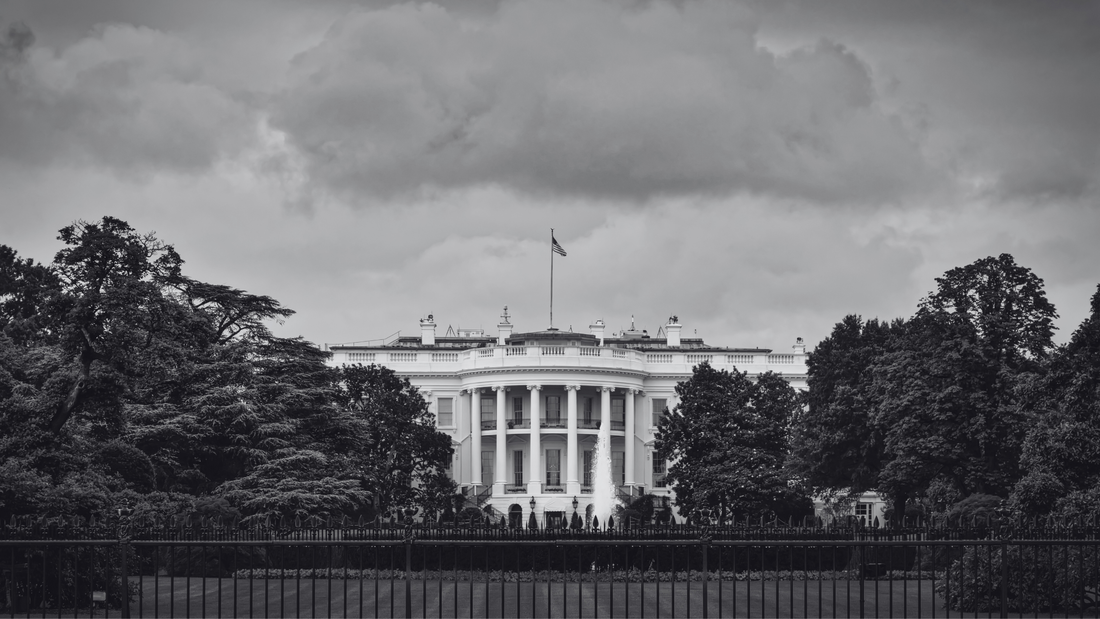|
Well, that didn’t take long.
Before a bipartisan, bicameral team of senators and representatives could finish a press conference on Capitol Hill to introduce the Government Surveillance Reform Act (GSRA), the White House held a press call to declare President Biden’s intention to veto the bill. The White House press call – a “pre-butt” (as in pre-rebuttal) – told reporters that the warrant requirement for querying U.S. persons was a “red line” that would result in a presidential veto. The White House said that it was taking this stand to make it clear that the bill would undermine U.S. security in unprecedented ways. Yet John Sakellariadis of Politico reported that the unnamed White House official also conceded on the call he and his White House colleagues “hadn’t even read the bill yet.” Sakellariadis seemed surprised by the Biden Administration’s brushoff of a very detailed and thoughtful bill. He had reported that the GSRA “actually includes carve-outs for emergencies, ‘defensive’ cybersecurity queries, emergencies, and consent.” There didn’t seem to be any recognition by the White House that Sens. Ron Wyden and Mike Lee, and Reps. Warren Davidson and Zoe Lofgren, had worked hard to try to address the administration’s legitimate national security concerns. “Joe Biden wants to veto our bipartisan government surveillance reform bill, because apparently illegal spying on American citizens is very important to his administration,” Sen. Lee shot back. “And he hasn’t even read the bill yet!” The White House, acting on bad advice from the intelligence community, has consistently taken a ham-handed approach, brushed aside any talk of compromise, and insisted on a clean reauthorization of Section 702 of the Foreign Intelligence Surveillance Act. That authority, enacted by Congress for foreign surveillance but often used by federal agencies to surveil Americans, expires at the end of this year. That dynamic alone gives reformers the strategic upper hand to demand changes. Worse for the Administration, Members of Congress from both sides of the aisle say they are hearing a lot from constituents who are hopping mad about warrantless surveillance, as well as having their sensitive, personal data purchased by the government from shady commercial data brokers. It should occur to the Biden Administration that against this backdrop of discontent – and with the pending expiration of Section 702 – that the White House is doubling down on a weak hand. This seems like bad politics. It is certainly bad policy. Comments are closed.
|
Categories
All
|


 RSS Feed
RSS Feed